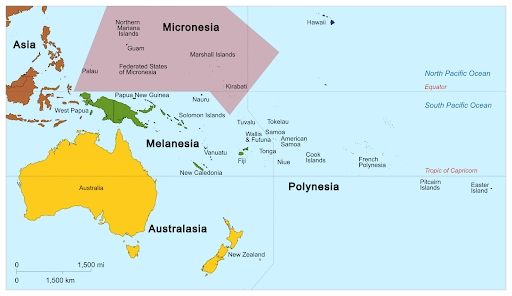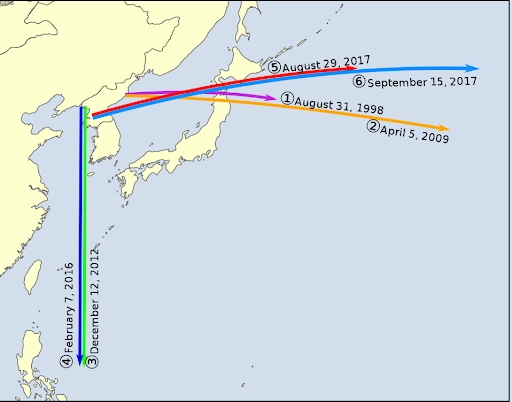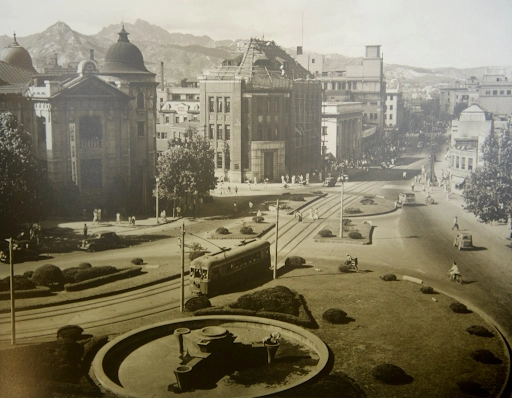U.S. diplomats who helped lay the groundwork for the North American Free Trade Agreement (NAFTA) first had to overcome entrenched…
Harriet Elam-Thomas: A Career Well Served
Harriet Elam-Thomas grew up in Boston, the youngest of five children. She graduated from Simmons College and later earned a…
Rebuilding Iraq after the Second Gulf War: Lewis Lucke
In January 2003, the U. S. Government established the Office of Reconstruction and Humanitarian Assistance (ORHA) to act as a…
Guns, Oil and Education: Qatar’s Evolving Relationship with the U.S.
The State of Qatar declared independence from Great Britain on September 3, 1971 and the U.S. recognized it two days…
Richard Solomon, Ping-Pong Diplomat to China
China scholar Richard Solomon, who was an essential component of the “ping-pong diplomacy” that led to the thaw in relations…

Unexploded Ordnance, Spam and Moonshine–Life as Ambassador to Micronesia
The Federated States of Micronesia (FSM), sometimes known simply as Micronesia, consists of four states — Yap, Chuuk, Pohnpei and Kosrae –…

First Attempt to Limit North Korea’s Nuclear Program
The first agreement between the United States and the Democratic People’s Republic of Korea (DPRK) aimed at limiting North Korea’s…

Revolutionizing Public Diplomacy: U.S. Embassy Tokyo in the 1970s
The goal of public diplomacy (PD) is defined as supporting the achievement of U.S. foreign policy goals and objectives, advancing…

Picturing the “War of Ideas”: Wartime Film-Making in Korea
Throughout the Cold War, democratic and communist nations waged a “war of ideas.” The United States, seeking to expose the…
Crisis Management: Occupation of USIS in South Korea, 1985
On May 25, 1985, seventy-three South Korean students barged into the United States Information Services (USIS) library in Seoul and…
